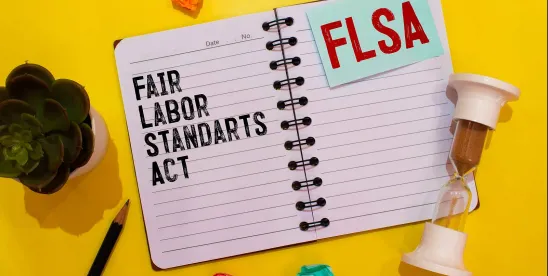The Ninth Circuit has now joined a growing number of appellate courts holding that, in Fair Labor Standards Act (FLSA) collective actions, personal jurisdiction must be determined on a claim-by-claim basis when general jurisdiction over the defendant is absent.
In Harrington v. Cracker Barrel Old Country Stores, Inc., a group of current and former employees alleged that Cracker Barrel had violated the FLSA in its treatment of tipped workers’ wages. The case was filed in the District of Arizona, though Cracker Barrel is incorporated and headquartered in Tennessee.
The plaintiffs sought conditional certification of a nationwide collective action. Following the traditional two-step certification process, the district court conditionally certified the collective and authorized notice to be sent nationwide, reasoning that the presence of a single plaintiff with a connection to the forum state sufficed to establish specific personal jurisdiction for all claims.
Cracker Barrel then asked for an interlocutory appeal on three issues. The Ninth Circuit affirmed the district court on two, but took up the third question: Does the Supreme Court’s decision in Bristol-Myers Squibb Co. v. Superior Court of California apply to FLSA collective actions in federal court, thereby rendering nationwide notice improper?
In Bristol-Myers Squibb Co. v. Superior Court of California, 582 U.S. 255 (2017), the Supreme Court held that the Fourteenth Amendment’s Due Process Clause prohibits state courts from exercising specific personal jurisdiction over claims by non-resident plaintiffs against a non-resident defendant when the claims lack a sufficient connection to the forum state.
The Third, Sixth, Seventh and Eighth Circuits have already extended this principle to FLSA collective actions, while only the First Circuit has reached a different conclusion.
Aligning with the majority, the Ninth Circuit held that when a collective action is based on specific personal jurisdiction — that is, where the defendant is neither incorporated nor headquartered in the forum state — each opt-in plaintiff’s claim must be evaluated for its connection to the defendant’s activities in that state. Accordingly, the Ninth Circuit reversed the District of Arizona’s authorization of nationwide notice, concluding it was based on the “mistaken assumption” that such specific personal jurisdictional analysis was unnecessary.





 />i
/>i

